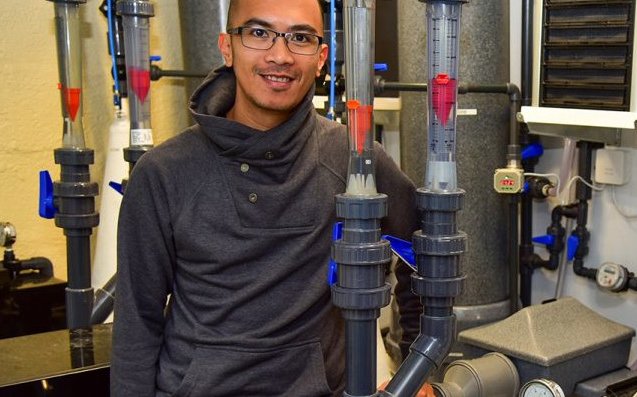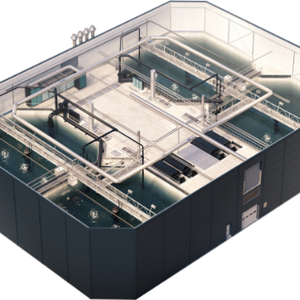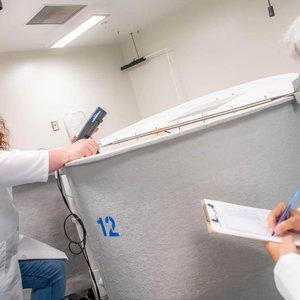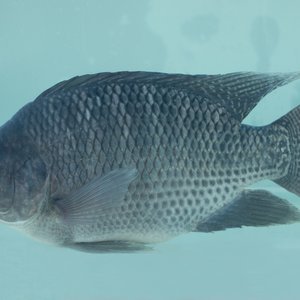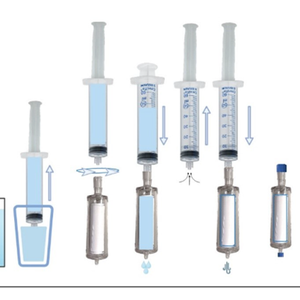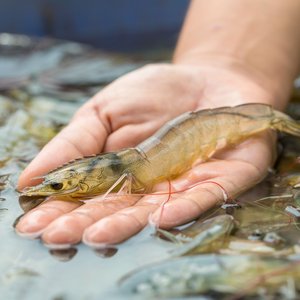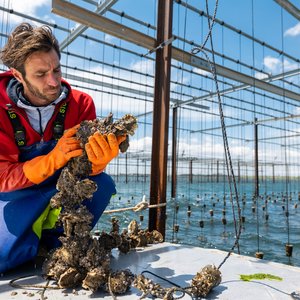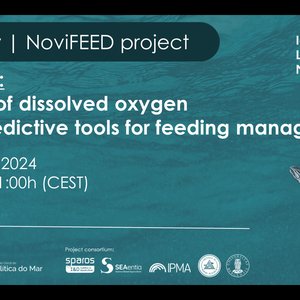Nofima has established brand new RAS facilities in collaboration with Tromsø Aquaculture Research Station and UiT – The Arctic University of Norway. Recently, the first infection trials were carried out by Nofima. They conclude that the infection models worked very well and that the RAS trials can be carried out in less time compared to trials conducted in flow-through systems.
Disinfection strategies have played a key role in the trials that have taken place so far. It is crucial to establish protocols for the disinfection of RAS facilities and how any disease outbreak should be managed. “In the RAS trials, we have simulated, among other things, how pathogenic bacteria get into the RAS facilities. This allows us to study how the disease develops in fish, while at the same time we can investigate how and where the pathogens establish themselves and spread throughout the system,” said Carlo C. Lazado, senior scientist at Nofima.
In previous reports, Nofima has pointed out that many RAS facilities in Norway and North America have disinfection protocols, but it is uncertain how effective these are if pathogens such as viruses and bacteria enter the system. “Several trials conducted in the new RAS facility will provide us with knowledge about critical areas in the system where the pathogens potentially thrive. This knowledge will be crucial for us in developing risk assessment protocols in RAS, but even more importantly, in developing disinfection protocols that are effective following a disease outbreak,” said Lazado.
The RAS facility in Tromsø is the first of its kind where it has been reported that this type of controlled bacterial infection trial on salmon has been carried out. “In a recent trial conducted with the pathogen Yersinia ruckeri, we saw that disease developed faster than in flow-through systems. Fish were also susceptible to experimental infection at a different stage in the production cycle compared to what we have observed before. This provides more flexibility in infection trials. In addition, we will test virus infection in the system to see if the same tendencies are observed,” said Lill-Heidi Johansen, fish health scientist at Nofima.


